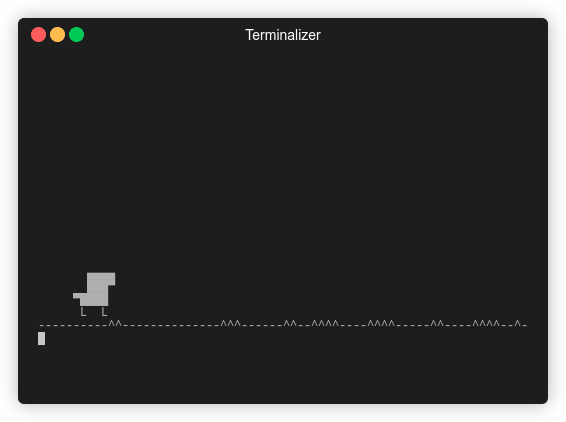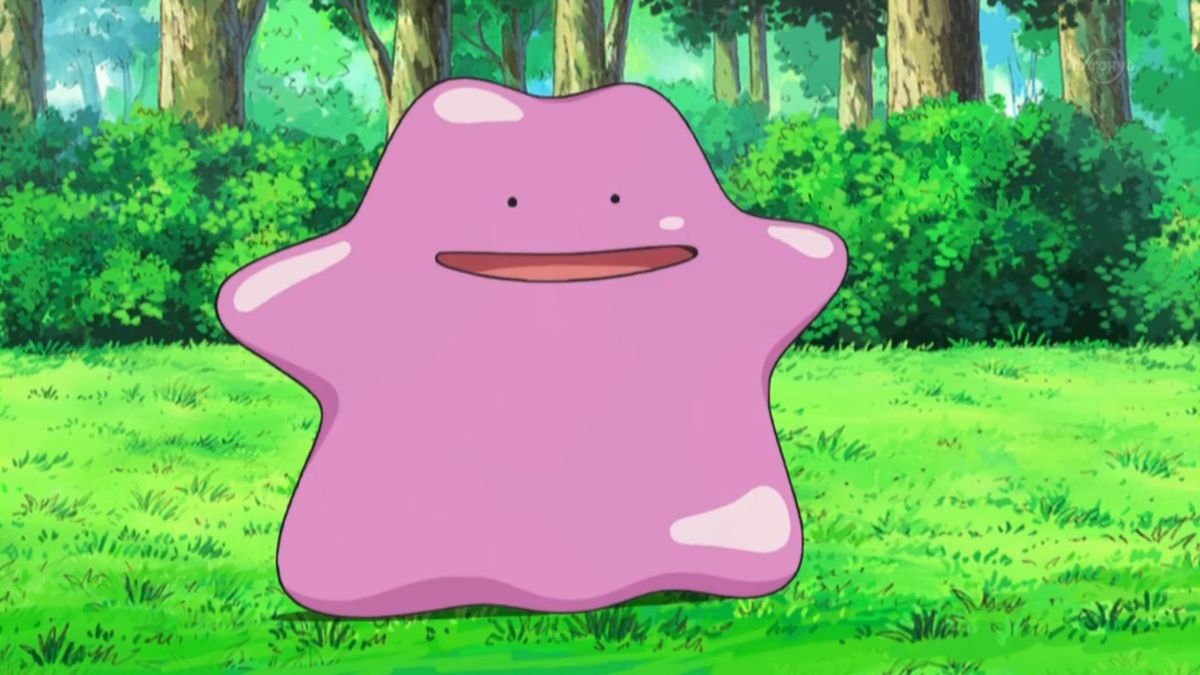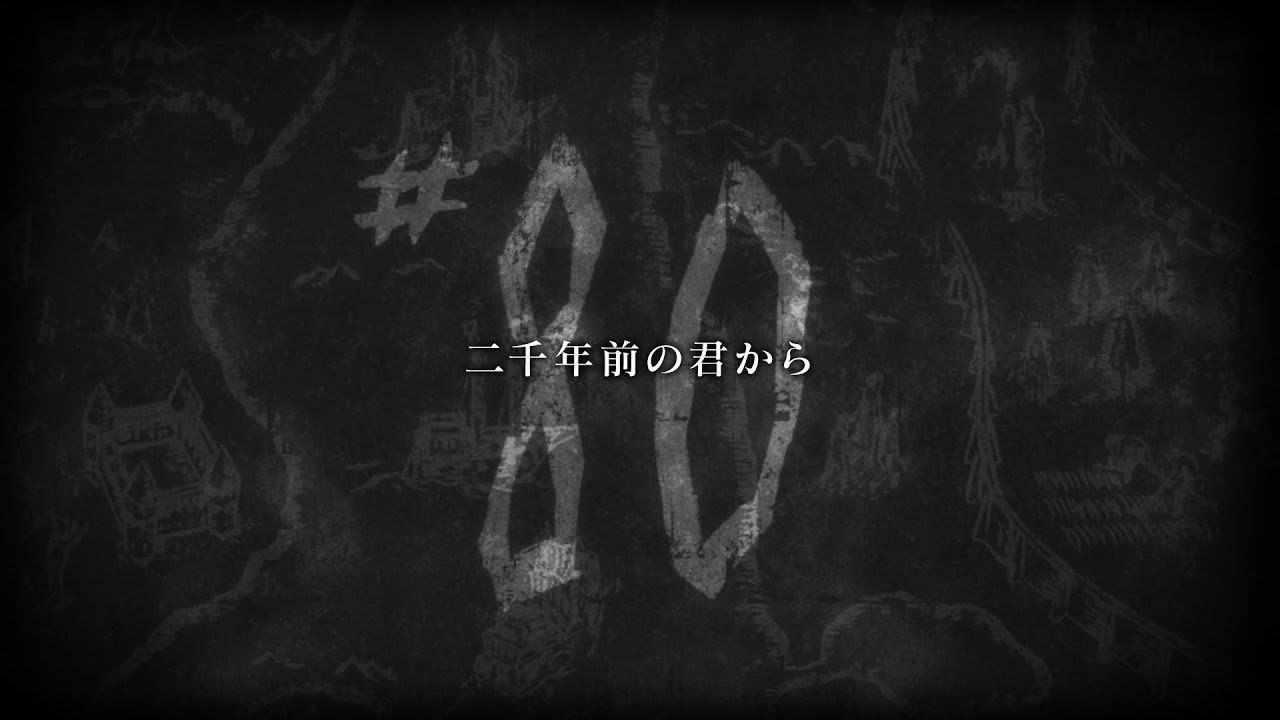This is a personal website of mine. Here, I mostly blog. I blog about a lot of things, such as coding, tech, a bit into some personal projects I’m doing or have done. Sometimes, I write down my thoughts too.
Following my three-year pursuit of Doctoral studies in Mechanics and Civil Engineering in France, I moved to Luxembourg in 2020 to work as a Simulation Engineer at a startup called LEKO LABS. I didn’t know it at the time, but it was a turning point in my life. I had to learn a lot of new things, from coding to building physics, and I had to do it fast. I was thrown into the deep end, but I loved it.
Early this year, I decided to take my career and life in a different direction. I left my job and moved to Japan, family in tow. Today, I am a software engineer at Tektome Inc., a company that specializes in using AI for AEC works. Just like my previous job, I am mostly working backend. Python, Golang, and Typescript are currently my main languages.
Other than work, I’m more into learning Japanese and reading books. If you want to reach me, feel free to send me some email or connect with me on LinkedIn. Otherwise, feel free to search and browse through my blog and leave comment if you want!


](https://ahmadalkadri.com/img/semantic-saturation-or-languages-that-feel-heavy/drugstore.jpg)


 by [@cedricletsch](https://unsplash.com/@cedricletsch)](https://ahmadalkadri.com/img/this-thing-called-hope/img01.jpg)
